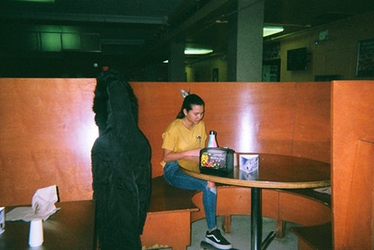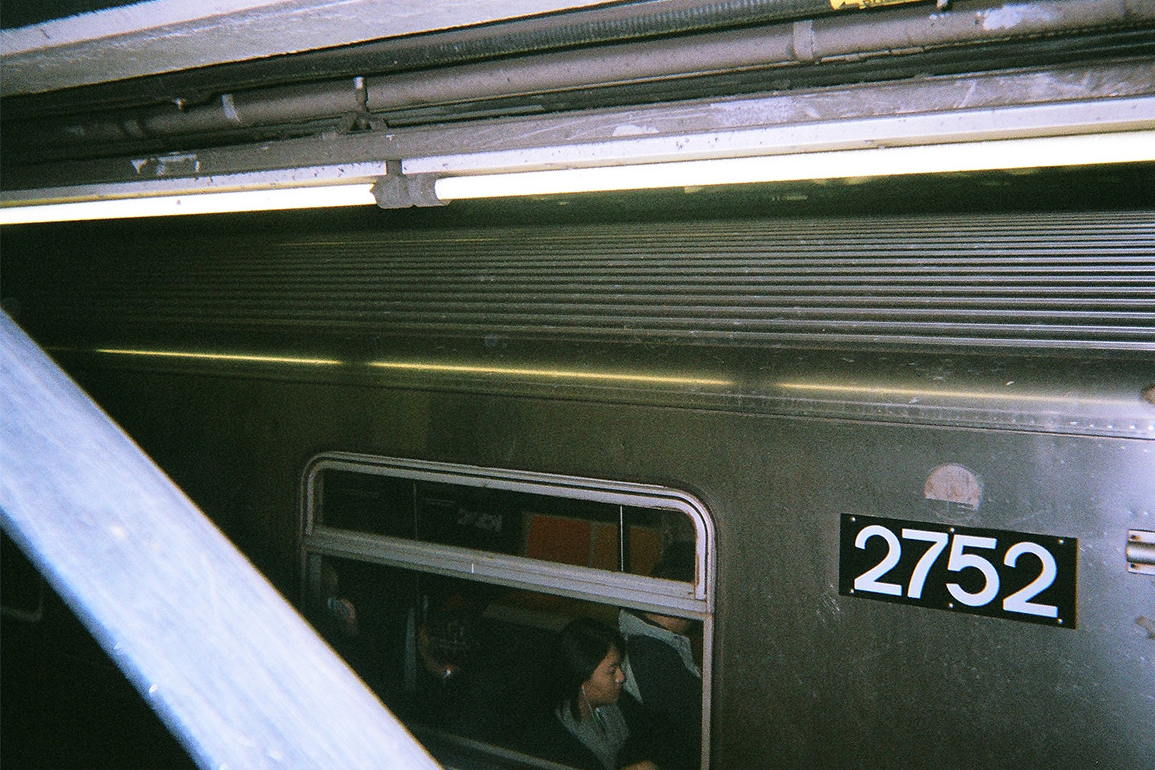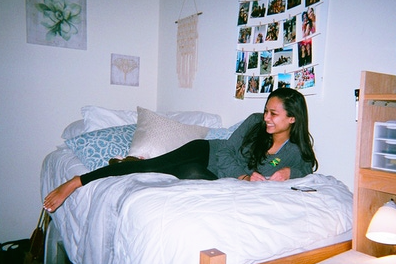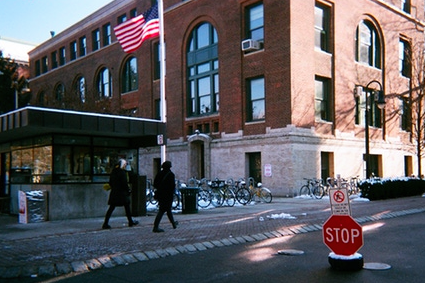Spaces and places: how personal space changes in a big city
After moving to New York, I documented interior and exterior spaces to identify what personal space means to different people
by Rebecca Williams
I remember my first subway ride and being sandwiched between a tall gentleman reading a finance/self-help book and a young girl singing the lyrics to a song I didn’t recognize. Space has always been an overriding concern for those who choose to live in or visit the city. It feels as if everywhere you go, you’re caught in the middle of a pregnant moment, always a participant and not just a mere spectator. Although I had only been in the city for a couple of weeks, I still saw a change in the way my body moved and felt when confined to small spaces. Even though the city alone was larger than the entire island of Jamaica, where I’m from, I couldn’t help but keep my hands in my pocket, my eyes straight ahead and my steps narrow while I was walking on the streets.
I wanted to know how my friends living in the city felt about personal space and comfort in their home versus in the city. I spoke to Roshuan, Gina, and Sayan in Brooklyn, Jon in the East Village and Tess in the Upper West Side. We spoke about the importance of personal space at this time of self-discovery.
I started off the interviews in Brooklyn where I met with Roshaun, an engineering major, who wrote poetry and spoke to his roommate in German. He told me about his love for the area he lived in and his appreciation of living in a crowded city. In spending time with him, it was clear to me that he loved interacting with the city; he spent most of our subway ride signing “Silent Night” with strangers.
“As a part of finding yourself you need to have day-to-day interactions with people,” he said. “In such a crowded city, there’s such a variation of different people, it helps with the development of your character.”
Gina, like many other international students, expressed hesitation about opening up to others around her. “I chose to live in a common room instead of with my roommates because I like to be by myself, I like to have my own space. If I live with people I’m going to be forced to socialize, and I don’t want to open up to people because I feel like they’re not going to understand me because I’m from a different place. You know … cultural differences.” She chose to limit her interaction with her city but still rode the subway with ease.
My conversation with Sayan, an art school student, was centered around the differences between personal space back home in Jamaica and in her new home in Brooklyn.
“It’s a lot different for me. Personal space back home is really different because I’m with my family, so I don’t have much personal space. When I’m with my family, it’s a lot of madness and constant interactions. Here I have a lot more privacy, but back home it’s just more comforting. Even though I may not have as much personal space or as much privacy, it’s a lot more comforting because I’m surrounded by the people I love. It’s nice.”
I then headed up to the East Village where Jon shared an apartment with four other guys. Jon’s innate hospitality was noticeable as soon as you walked into his living room. He turned right around in his chair at the dining table to include you in the conversation, filling you in on any details you missed before you came. He let you sit on his bed and didn’t hesitate to show you his favourite videos while sharing a piece of cake from a nearby bakery. It was no surprise that his response about personal space hinged on how he liked to share it.
“To be honest, the main difference is just noise. In Jamaica I can do what I want, my neighbours don’t really care. I don’t get noise complaints. Here, I guess my personal space is less, I’ve gotten a lot of noise complaints, I’m not as free. At 12 o’clock, I’m still worrying if my neighbours are gonna be annoyed. I guess you’re forced to be more considerate, it somewhat puts you out of your rhythm, but in Jamaica you’re not forced to be as considerate because you have your own space. I can just play dominoes, yelling and no one cares.”
My last stop was on the Upper West Side in Tess’ dorm. She appreciated having her own safe space but wouldn’t consider it her second home because she moved each academic year.
“Living away from home, I think it’s really important, as mostly throughout the whole day I think ‘I can’t wait to get back to my room and be by myself and have some time alone to gather my thoughts and stuff.'”
She went on to speak about her space at her home in Jamaica. “Honestly, at home I feel like I don’t have as much personal space, especially because I have three sisters, and I share a room with one of my sisters. Even though I definitely feel more comfortable at my home in Jamaica, I feel like I don’t get as much alone time. Here I have a roommate but she’s always in the library. So I spend a lot of time alone in my room. Even though I’m not as comfortable in this room, I enjoy the time I get by myself.”
My conversations assured me that my physical adjustments were nothing new, and that we all breathe a little easier at home.


































